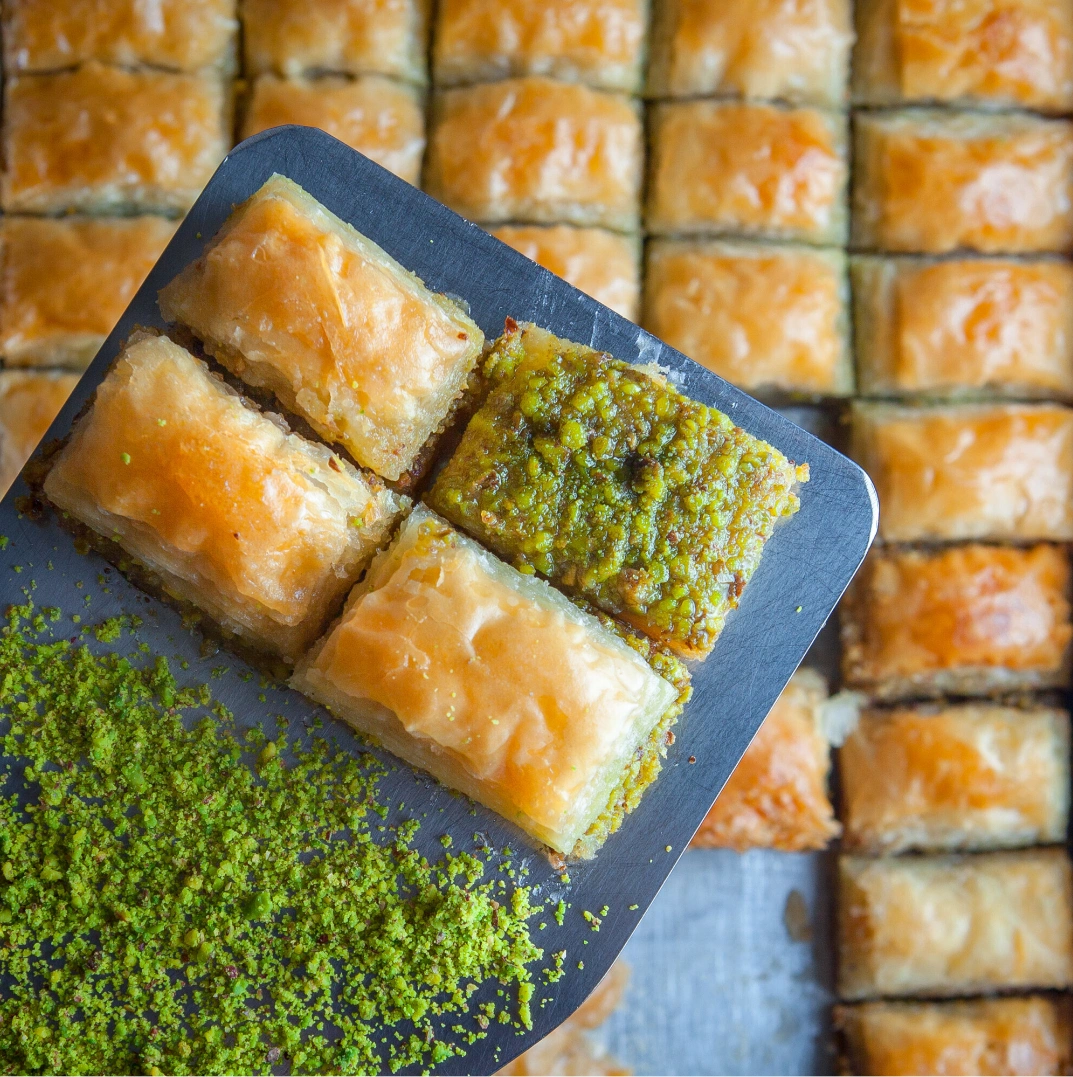

Top Health Benefits of Classic Homemade Baklava You Need to Know
Baklava is a rich and indulgent dessert that provides a mix of essential nutrients, thanks to its main ingredients: nuts, honey, and phyllo dough. The nuts, particularly pistachios or walnuts, are an excellent source of healthy fats, protein, fiber, and essential minerals like magnesium and potassium, which support heart health and brain function. Honey not only adds a natural sweetness but also contains antioxidants and antibacterial properties that help boost the immune system. While phyllo dough is relatively low in calories compared to other pastry types, it still provides a satisfying crunch. However, due to the sugar and syrup content, baklava is high in calories and carbohydrates, making it a delicious but energy-dense treat. The dish offers a rich source of omega-3 fatty acids, especially if using walnuts, which are beneficial for reducing inflammation and supporting cognitive function. Although it can be enjoyed as a special indulgence, it's essential to consume it in moderation to avoid exceeding daily calorie or sugar intake.
Recipe :
For 4 people (25 slices)
Enjoy your delicious homemade baklava!
When making baklava, one of the most important things to remember is the careful handling of phyllo dough. It dries out quickly, so it’s essential to keep it covered with a damp cloth while working with it. When layering the dough, each sheet should be brushed generously with melted butter to ensure a golden, crispy texture once baked. Pay attention to the syrup preparation as well—too much boiling can cause it to crystallize, so it's important to monitor the heat carefully. The syrup should be poured over the baklava while it's still hot, but the syrup itself should be at room temperature to ensure it is absorbed properly without making the dessert soggy. Lastly, patience is key: allow the baklava to cool and rest for at least 2 hours after baking to allow the syrup to fully soak in and achieve the perfect texture and flavor balance.

Baklava is not suitable for every dietary plan due to its high sugar content, refined carbohydrates, and calorie density. It is not recommended for those following a ketogenic diet, as it contains significant amounts of sugar and carbohydrates, which are not compatible with the principles of this low-carb, high-fat eating pattern. Similarly, those on a low-calorie or weight-loss regimen should consume baklava sparingly, as it is quite calorie-dense. People following a Paleo diet may find baklava unsuitable due to the use of phyllo dough, which is made from refined grains. However, baklava can be a delightful treat for those on a Vegan or Vegetarian diet, provided that dairy-free butter is used in preparation. For individuals on a gluten-free diet, baklava can still be enjoyed with the substitution of gluten-free phyllo dough, making it a more inclusive dessert. While it does offer some beneficial nutrients from nuts and honey, its high sugar content means it should be enjoyed occasionally, not regularly, especially for those managing conditions such as diabetes or those on strict blood sugar control diets.
...